You wonder if someone else could benefit from your experience. Could your revelation initiate a ripple effect touching lives and guiding someone dealing with a similar situation? Would anyone be interested? In the back of your mind, an idea starts to germinate … Maybe I should write a book about that!
Who knows, your ripple may be just be what another person is seeking. But this brings up another question: What kind of book should you write?
Let’s say you’re a successful business executive who has climbed to the pinnacle of your profession in spite of very humble beginnings and wants to inspire others to never give up.
An autobiography gives you the opportunity to narrate the events and details of your life in a way that will entertain, educate, or inspire the readers. This first-hand account offers an insight into how your experiences shaped you and made you who you are today.
Perhaps you’ve battled cancer or a chronic disease. The rollercoaster ride of good results versus relapses taught you to never give up. You’re proud of yourself for maintaining a positive attitude and persevering through the uncertain courses of treatments.
A memoir documenting your journey from diagnosis to remission would benefit newly diagnosed people to understand the medications, side efforts, and emotional turmoil they will be facing. But more importantly, it will comfort the readers and reassure them that they are not alone.
Or maybe you want to tell the personal story of a lifelong quest searching for the identity of a long-lost relative whose picture you found during an exploration of your grandmother’s attic. Fiction may be a good path for this adventure. Depict yourself as an Indiana Jones type of character, or as a sleuth following the clues in a mystery, or a more historical approach may be appropriate if your relative is rather famous… or infamous.
There are many other niches you can choose such as how-to manuals or even photo journals. It’s up to you how you want to share your story. Choose whichever avenue accommodates your style, and then let your ripple flow around the world.
If you feel a passion for doing this but don’t want to do it alone, you should hire a professional ghostwriter. At Heart Song Ghostwriting, our passion is to help you behind the scenes to put your voice out there so you achieve your dream. Your dream is your heart song. It is the music that lifts you up, spurs you onward. It is our honor to help you give voice to your heart song.





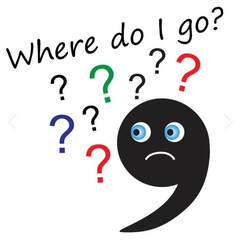
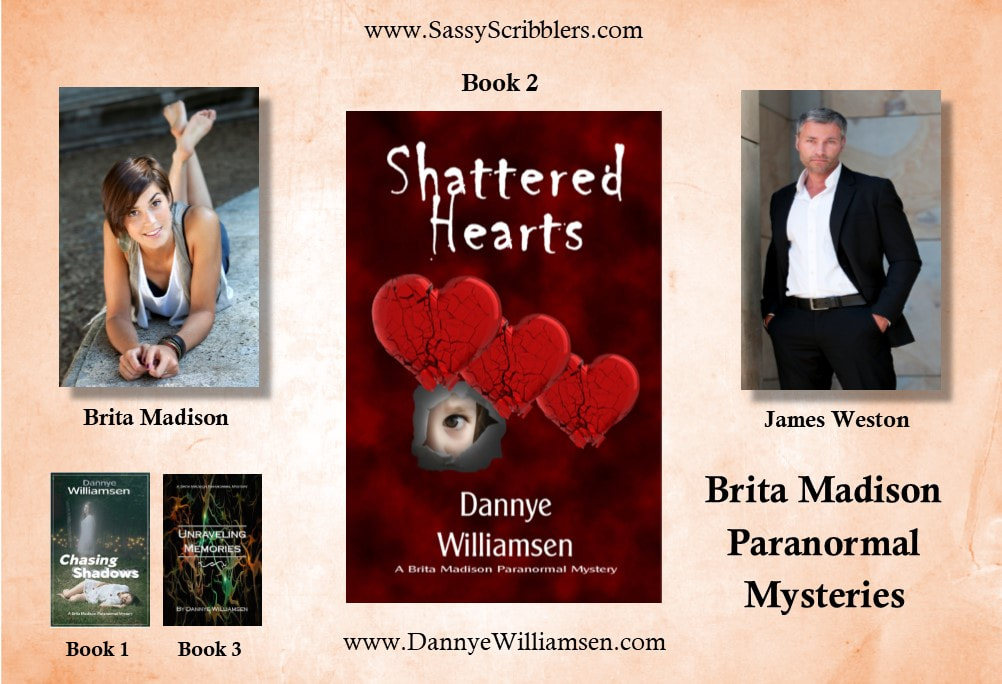




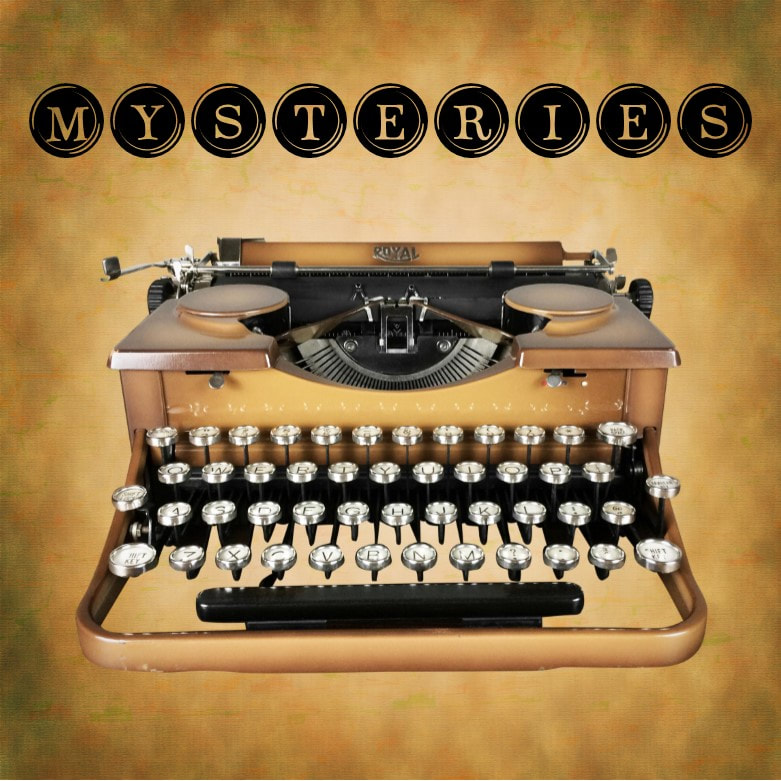
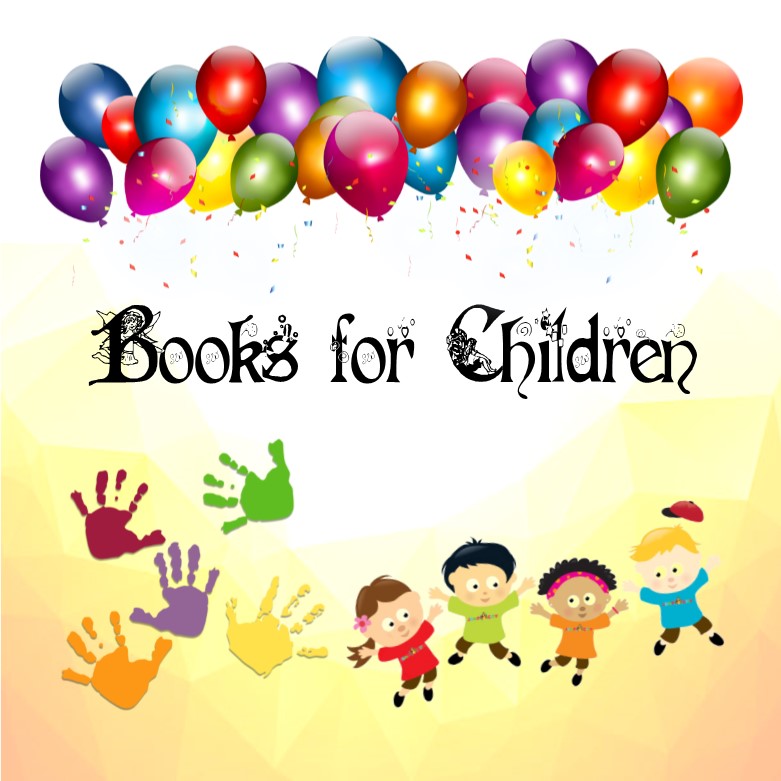
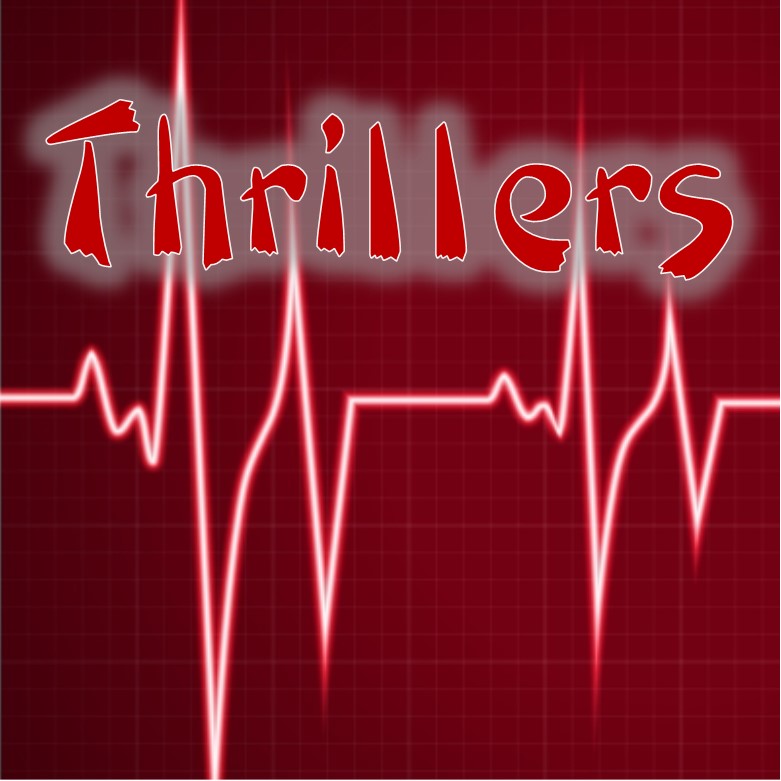


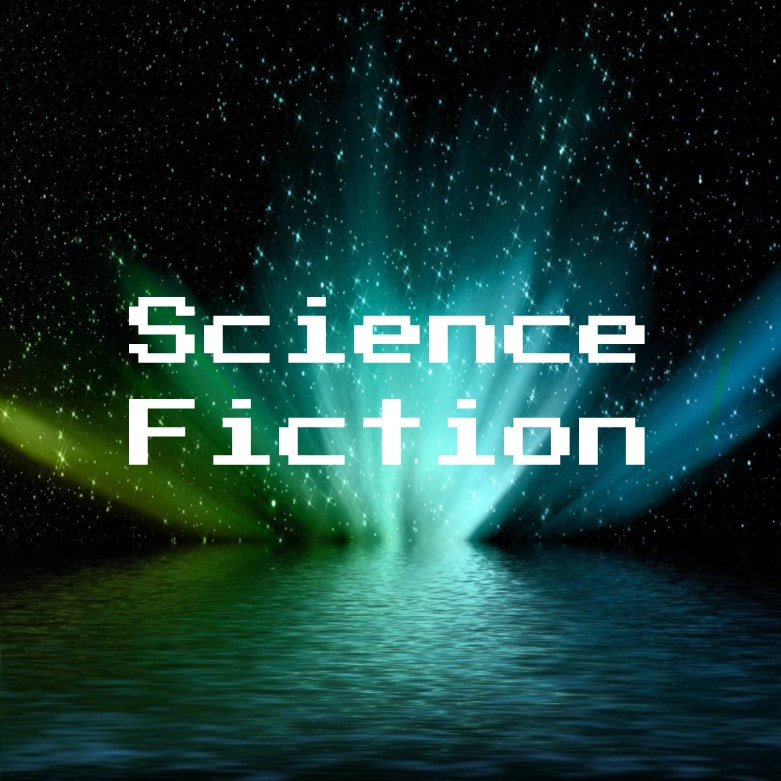



 RSS Feed
RSS Feed